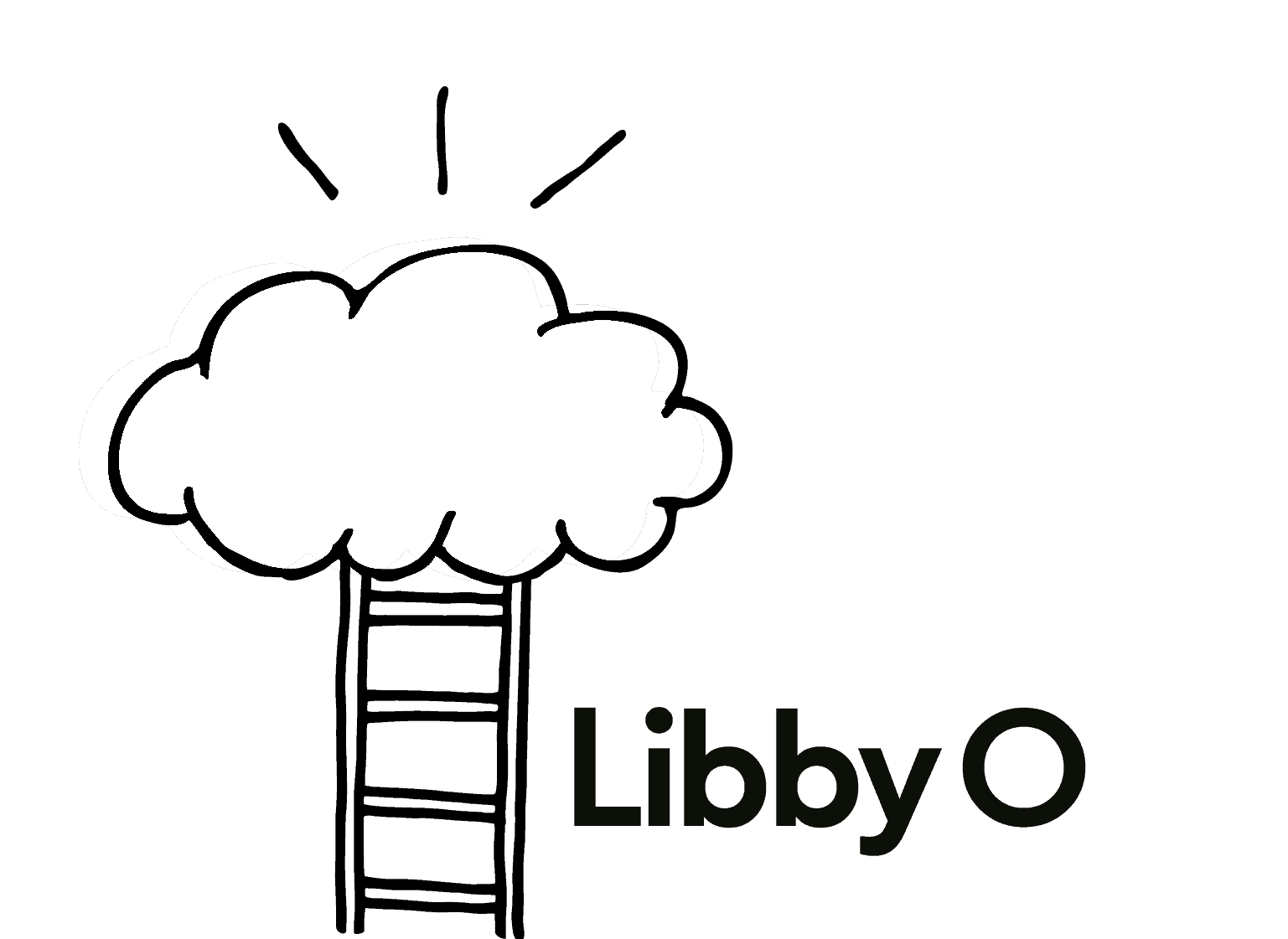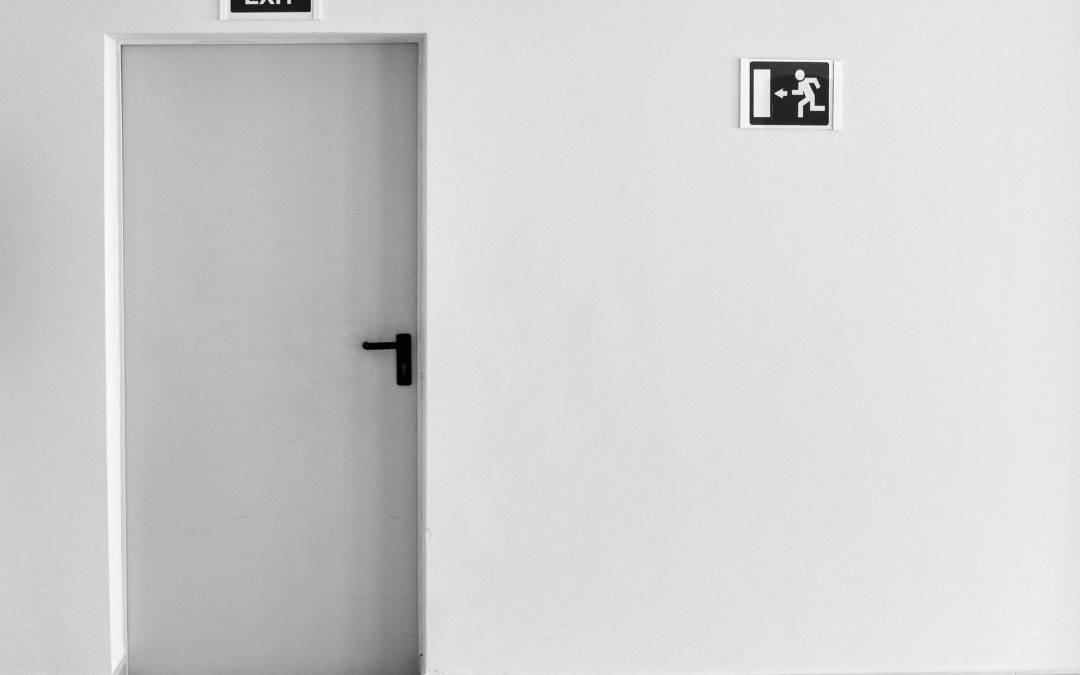How much time do you spend in your day putting out grass fires? Old Henry James, who wrote the quote above, may be onto one of the reasons that occurs.
At first glance, not addressing something often appears to be the easy option. We lull ourselves into thinking doing nothing keeps us safe, comfortable, risk-free, or maybe that other things are more important.
However, in time, that path is the more time consuming, and often destructive path.
√ I’ll stop eating chocolate tomorrow equals overweight
√ I’ll make up with my partner when we both have time to talk, leads to compounding problems
√ I’ll write that policy at work once I’ve done X, Y and Z, amounts to the policy never being written
I’ve been working with a team from Alice Springs for the last few months discovering ways to work more strategically. It’s one of my pet subjects, as I’m not into working harder.
Our most recent session focused on the value of triaging tasks.
The word “triaging” traditionally belongs in the emergency department; however, the idea transfers exceptionally well into any workplace. In the context of a hospital, the concept appears to be all about who is going to die first. Of course, it is; however, at a deeper level, it stems from their mission statement. For example: “We provide, protect and improve the health and wellbeing of all Territorians in partnership with individuals, families and the community”.
The concept of triaging is very powerful in any workplace.
When you devote the majority of your time to the tasks that your mission statement identifies as being the organisation’s direction, you will automatically eliminate the grass fires that plague so many workplaces. Take the concept beyond your mission statement and consider your strategic plan, your values, your goals, your vision, your KPIs – any document or edict that sets the course for the organisation.
I worked with this team to come up with a plan that triaged their tasks in order of priority. Of course, life will always get in the way and mean that adjustments will be necessary; however, in essence, it created some fairly quick fixes to some of their challenges:
√ It helped identify the tasks that didn’t belong to their team and shifted them back to their rightful owners
√ It identified and helped address double handling and therefore increased productivity
√ It helped reduce stress as the team shifted to working smarter, not harder
√ It helped staff to connect with the value of their strategic documents
√ And above all, it addressed most of the grass fires
There’s a bit of set-up work if you want to do this as comprehensively as we did; however, as a means of testing if you could improve your productivity, you can apply this principle to your workplace. Start by triaging the next person that comes rushing into your office waving their hands and insisting that something be done urgently. Ask yourself if it’s actually important + urgent, or should you be doing something else? It’s very easy to be swept up in someone else’s enthusiasm, but keep your eye on where you are headed and those interruptions will eventually diminish.
Try this exercise for a few hours, or better still, a few days:
√ Divide a piece of paper into two
√ Call one column “pro-active” and the other, “reactive”
√ For each task you do throughout the day, put a tick in the appropriate column
If you end up with an imbalance towards the “reactive” column, I’m guessing 5 p.m. can’t come fast enough!
BONUS! This concept works at home as well – do more of what you should do and less of what you want to do and you’ll have everything you need.
Tally hO!
Libby O
PS William James (January 11, 1842 – August 26, 1910) was an American philosopher and psychologist as well as a physician. James was one of the leading thinkers of the late nineteenth century and is believed by some to be one of the most influential philosophers the United States has ever produced. Others have labelled him the “Father of American psychology”. Smart bloke no matter which side of the fence you’re on.

